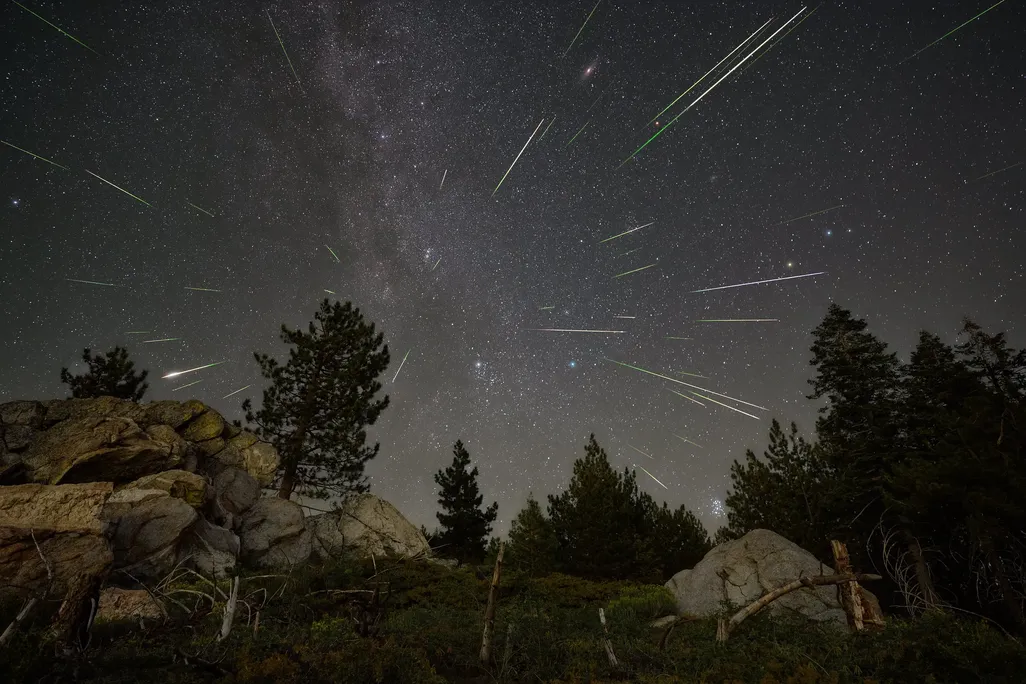There’s something undeniably magical about looking up at a dark night sky and spotting streaks of light racing across it. These fleeting flashes—known as a meteor shower—have fascinated humans for centuries, inspiring myths, wishes, and awe. But beyond the beauty, meteor showers are also a fascinating natural phenomenon worth understanding.
What Is a Meteor Shower?
A meteor shower happens when Earth passes through a trail of debris left behind by a comet or asteroid. As tiny particles—often no bigger than a grain of sand—enter our atmosphere at high speed, they burn up and create bright streaks of light. These “shooting stars” are not stars at all, but the fiery farewell of space dust.
When and Where to Watch
The best meteor showers happen at predictable times each year, like the Perseids in August or the Geminids in December. To catch the show:
-
Find a dark spot away from city lights.
-
Check the moon phase—a bright moon can wash out fainter meteors.
-
Give your eyes time to adjust to the dark (about 20–30 minutes).
-
Look up and be patient—meteors often come in bursts.
Peak viewing hours are usually after midnight until dawn, when the sky is darkest and Earth is facing into the meteor stream.
Why Meteor Showers Feel Special
Part of the magic is in the rarity—most people only see a meteor shower a few times a year. It’s a reminder of our small place in the universe, a connection to the cosmos that doesn’t require a telescope or special equipment. Families, couples, and solo stargazers alike often find it a deeply calming, even spiritual, experience.
Fun Facts About Meteor Showers
-
The fastest meteors travel over 160,000 miles per hour.
-
Some meteor showers are tied to famous comets, like Halley’s Comet (responsible for the Orionids).
-
Occasionally, a meteor shower produces a fireball—a meteor so bright it casts shadows.
Final Thoughts
Whether you’re a seasoned astronomer or just someone who enjoys a quiet night under the stars, a meteor shower is one of nature’s most breathtaking gifts. So grab a blanket, a warm drink, and maybe a friend or two—because the next time the sky lights up, you’ll want to be there.
